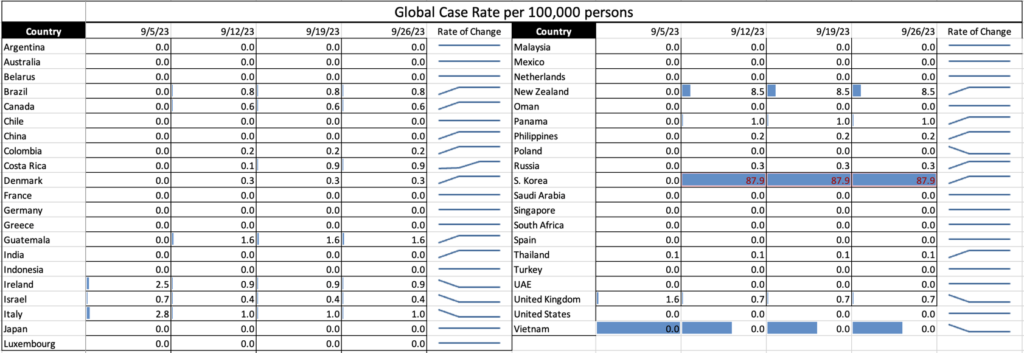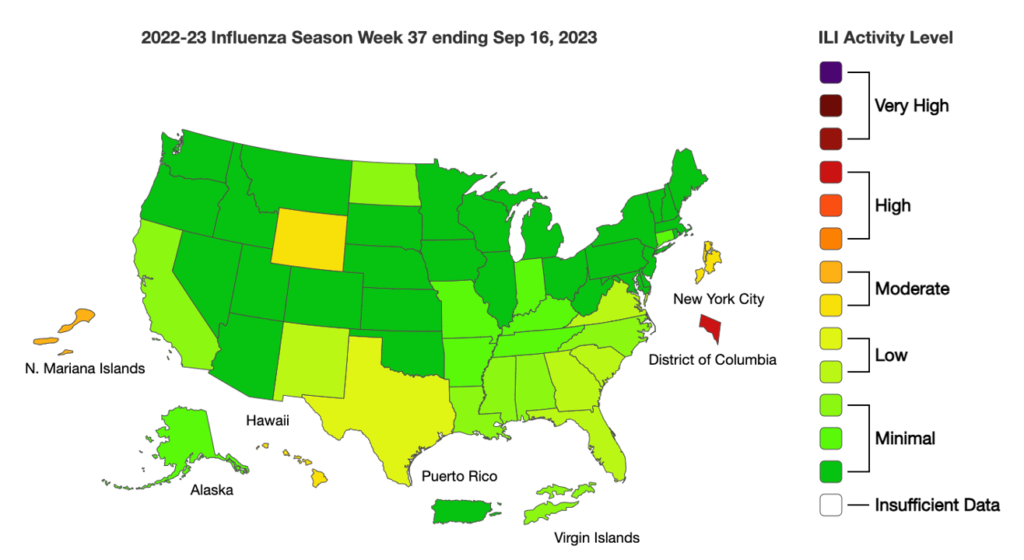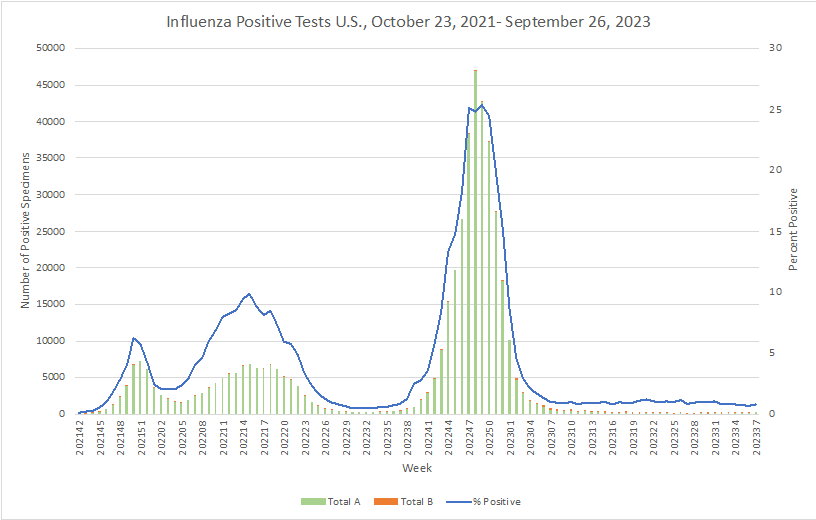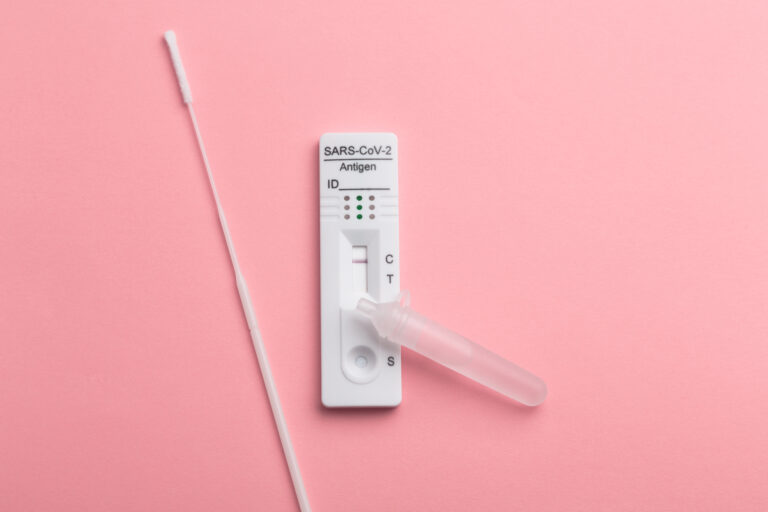Ironically enough, Fall’s falling temperatures, leaves, and potential snow brings a rise in respiratory diseases, with an expectation that this year will bring another rise in COVID cases as well. So, once again, many states and the federal government are offering free COVID at-home test kits.
- Federal: The federal government is offering the kits through its postal service at https://special.usps.com/testkits. Simply fill in the form to place an order for a set of 4 test kits.
- States: Some states are offering free kits, while others direct residents to the federal offer. To determine what your state has to offer, search online for “free covid tests [your state]” or check with your state health department.
- Existing tests: Additionally, any FDA-authorized tests you have from previous offers may still be good, despite the expiration date listed on its package. To check yours, visit the Authorized At-Home OTC COVID-19 Diagnostic Tests and Expiration Dates section of the FDA COVID tests page, search for the product name of your test, click “Extended Expiration Date,” and search the list for the lot number on your package. (The USPS webpage above also includes a link to this page.)
For any of the tests, follow all the instructions provided by the manufacturer. The FDA also has an FAQ webpage on use of authorized tests. If you do get a positive result, follow the CDC recommendations:
- Isolate and take precautions, including wearing a high-quality mask to protect others.
- Tell people you had recent contact with that they may have been exposed.
- Monitor your symptoms. If you have any emergency warning signs, seek emergency care immediately.
- Contact a healthcare provider, community health center, or pharmacy to learn about treatment options – which must be started within days of your first symptoms to be effective.
While FDA-authorized at-home tests are a good way to determine if symptoms are from COVID, remember that testing is reactive; it is not preventive. Businesses may want to consider reimplementing wellness checks and other protections, particularly if cases rise in your area. You can view county data of COVID hospital admissions on the CDC webpage, and keep an eye on TAG’s weekly public health newsletter for infectious disease news, matrix data, and update article. Not only do we bring you the latest data for COVID, flu, RSV, and other diseases, we interpret that data and provide recommendations. Additionally, you can give TAG a call for public health assistance.
COVID Risk Matrix:

Influenza:


- New COVID vaccine rollout has been slowed down by insurance and supply snags. The vaccines are here but pharmacies are rescheduling appointments, and some people are being told their insurance will not cover it. Coverage is delayed for some people because the billing codes for the updated vaccines were not updated in a “timely manner.” Professionals have recommended that if you have been turned away for no coverage, please call your insurance for details about in-network coverage to receive the updated COVID booster.
- Influenza:
- The number of new flu cases through September 22, reported by about 5,000 medical institutions across Japan rose 1.57 times from the preceding week to 34,665. The flu numbers being recorded are earlier than previous years.
-
- The Calgary Board of Education’s reporting of kindergarten to grade 12 absences more than doubled from the start of September when it was at 1.7% to 4.6% on Sept 20th due to flu.
- Over 100,000 people visited the doctor with influenza-like symptoms and 65 cluster infection cases of upper respiratory tract infection were reported by Taiwan’s CDC on Sept 19th. Seven deaths were reported.
- Measles:
- As of August 2023, cases of measles were recorded in eleven regions of Ukraine: a total of 43 people fell ill, including 21 children. These rates are 4x what was reported in 2022, likely due to lower vaccination rates because of the ongoing war.
- A measles outbreak in Sudan refugee camps has killed 1,200 young children since May 2023 likely due to a raging outbreak and malnutrition.
- A norovirus outbreak among hikers in 2022 on the Pacific Coast trail in Washington may be linked to a remote log cabin in the meadows, with a pit latrine and a stream used for drinking water. These areas were frequented by hikers and surfaces from these areas tested positive for fecal material.
- There was a sharp increase in whooping cough cases in Israel with more than 600 cases reported last week. Only 18 were reported through this same point last year.





